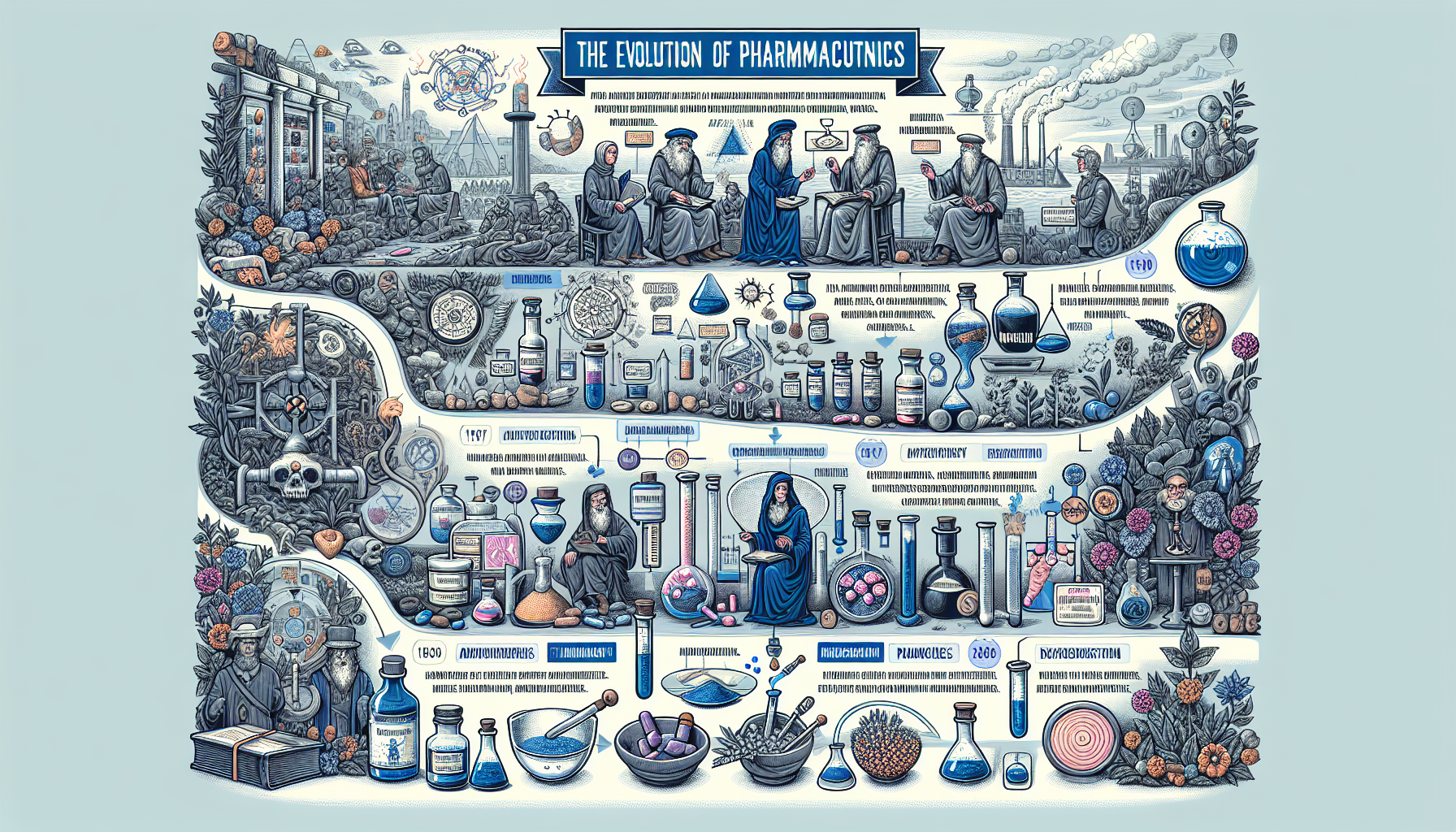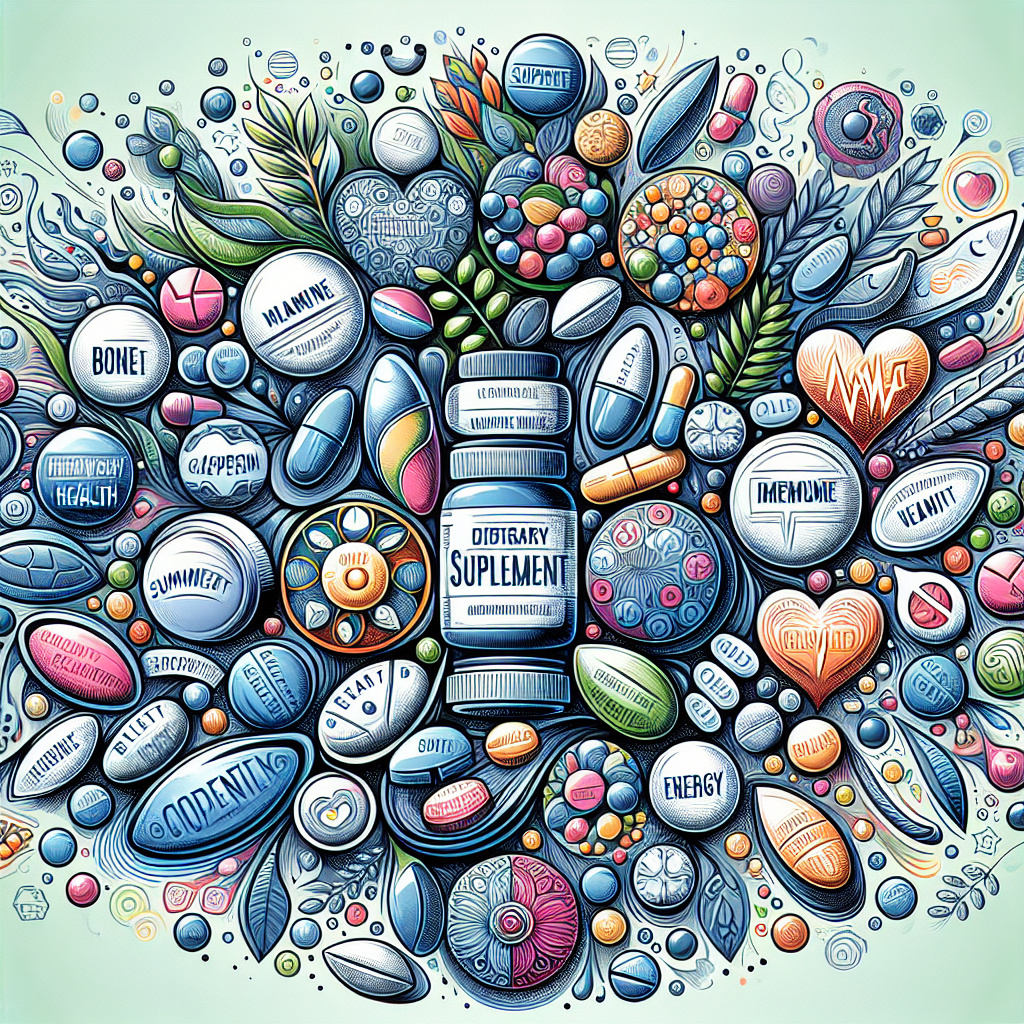The journey of pharmaceuticals is a testament to human ingenuity and the ceaseless pursuit of better health. From the ancient use of herbs to the sophisticated drugs of the modern era, the development of medications has shaped the way we understand and treat diseases.
Ancient Beginnings and Natural Remedies
The history of pharmaceuticals stretches back thousands of years, with early civilizations using natural substances for healing. Ancient Egyptians, for example, employed a variety of plant-based treatments documented in the Ebers Papyrus, one of the oldest preserved medical documents. Similarly, traditional Chinese and Indian Ayurvedic medicine systems utilized a complex array of herbal remedies, many of which are still in use today.
The Greeks and Romans also made significant contributions, with figures like Hippocrates and Galen laying the groundwork for Western medical thought. They emphasized the importance of observing patients and documenting the effects of various treatments.
The Middle Ages to the Renaissance: Alchemy and Early Pharmacology
During the Middle Ages, the Islamic world became a center for medical knowledge and the refinement of pharmacology. Al-Razi and Ibn Sina, known in the West as Avicenna, compiled extensive works that cataloged medical substances and their uses.
The Renaissance period reinvigorated interest in scientific investigation in Europe. Paracelsus, a Swiss physician, pioneered the use of minerals in medicine and is often credited with the phrase "the dose makes the poison," highlighting the importance of dosage in medication effectiveness, a topic further explored in the Importance of Dosage in Medication Effectiveness article.
The Birth of Modern Pharmaceuticals
The 19th century marked a turning point with the isolation of active compounds from plants, leading to the first truly modern drugs. The purification of morphine from opium by Friedrich Sertürner set the stage for future pharmaceutical advancements. The subsequent discovery of aspirin and its mass production by Bayer in 1899 revolutionized pain management and inflammation treatment.
The 20th Century: The Golden Age of Drug Discovery
The 20th century witnessed unparalleled progress in pharmaceuticals. The discovery of penicillin by Alexander Fleming in 1928, and its later mass production, introduced the era of antibiotics, saving countless lives from bacterial infections. This period also saw the development of vaccines, antipsychotics, and hormonal therapies, expanding the medical arsenal against various diseases.
The latter half of the century focused on understanding the molecular and genetic basis of diseases, leading to targeted therapies. The advent of biotechnology facilitated the production of complex drugs like insulin and growth hormone through genetic engineering.
For those interested in the advancements of this era, particularly regarding supplements, Understanding Herbal Supplements and Their Benefits provides a deep dive into one aspect of modern pharmaceuticals.
Regulatory Evolution and Drug Safety
As the pharmaceutical industry grew, so did the need for regulation to ensure drug safety and efficacy. The thalidomide tragedy in the late 1950s and early 1960s, where a medication led to severe birth defects, was a catalyst for stricter drug approval processes worldwide. Regulatory bodies like the U.S. Food and Drug Administration (FDA) established rigorous testing requirements for new drugs before they could be marketed.
For a closer look at how medication is vetted for public use, the article on Pharmaceutical Innovations in the 21st Century offers valuable insights.
The Modern Pharmaceutical Industry
Today, the pharmaceutical industry is a complex network of research, development, manufacturing, and marketing of drugs. It is driven by scientific breakthroughs, technology advancements, and a deepening understanding of human biology and genetics. Personalized medicine, where treatment is tailored to the individual’s genetic makeup, is on the rise, promising more effective and fewer side effects.
The industry also faces challenges, such as the rising cost of drug development, concerns over accessibility and affordability, and the threat of antibiotic resistance.
The Role of Supplements
With the increasing awareness of preventive healthcare, supplements have gained popularity. They are used to support overall health and address specific health concerns, from bone health to brain health. However, it is essential to understand that supplements are not a substitute for a balanced diet or prescribed medications.
Looking to the Future
The future of pharmaceuticals is bright, with promise in areas such as gene therapy, immunotherapy, and nanomedicine. Advances in artificial intelligence and machine learning are expected to expedite drug discovery and development, reducing costs and bringing new treatments to patients faster.
External Resources Supporting the Evolution of Pharmaceuticals
- The University of California San Francisco’s History of Pharmacy website provides a detailed look into the historical developments in the field of pharmacy.
- The Science History Institute’s Biotechnology Collection offers insights into the emergence of biotechnology in pharmaceuticals.
- For information on the latest regulatory policies, the FDA’s Drug Development Process is an excellent resource.
In conclusion, the history of pharmaceuticals is a continuing tale of human endeavor to combat disease and enhance the quality of life. As we look back at the strides made, it is clear that the future holds even more promise as we leverage technology and deepen our understanding of the human body.



